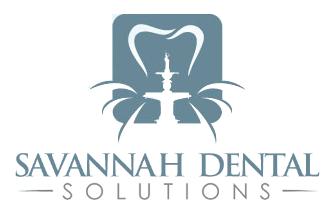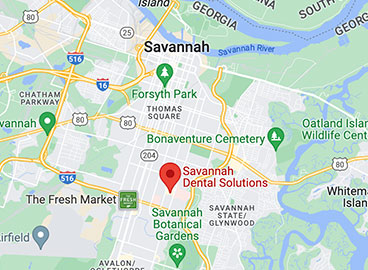Also known as periodontal disease, gum disease affects approximately 80% of adults in the United States. Many are unaware that they have it, as the symptoms can be subtle until the disease is advanced. Yet it is important to recognize the early warning signs, as gum disease is significantly easier to treat in its earliest stages.

What Is Gum Disease?
Gum disease starts with plaque, a sticky blend of food debris and bacteria that coats the teeth. If it is not promptly and thoroughly removed, plaque hardens into tartar, which irritates the gums and makes it easy for bacteria to invade. This leads to the chronic infection known as gum disease.
The earliest form of gum disease, or gingivitis, is inflammation. Over time, the bacteria begin to attack the soft tissues and bones that support the teeth. At this stage, known as periodontitis, you are at risk for severe decay and even tooth loss. Gum disease can also impact your overall physical health.
Below are the top signs and symptoms of gum disease. If you notice any of these warning signals, see your dentist right away.
Bad Breath
Although halitosis, or bad breath, can be caused by many different things, chronic halitosis can be an early sign of gum disease, especially if your mouth tastes strange. The invading bacteria create distinct odors and tastes that do not go away with brushing or mouthwash.
Always call your dentist to report bad breath, even if you are certain that you do not have gum disease. Most causes are relatively minor and simple to treat, but can worsen if left untreated.
Visible or Painful Gum Changes
Healthy gums appear pink or coral, and are even across your teeth. They feel firm to the touch, and are not painful or sore.
Gingivitis causes mild irritation to the gums. If yours are swollen, red, or tender, especially during brushing or flossing, you might be suffering from early gum disease.
As gum disease advances, the gums actually start to recede from the teeth. Your teeth will start to look longer, and your gums might appear uneven throughout your mouth. These are signs of worsening periodontitis, so it is crucial to see the dentist right away.
Bleeding Gums or Pus Pockets
As gum disease causes irritation, it only makes sense that bleeding gums are a very common sign. If your gums bleed while brushing or flossing, or eating crunchy foods, tell your dentist as soon as possible.
Progressing gum disease leads to small pockets of pus between the teeth and the gums. These small spots feel swollen to the touch, and can be either hard or soft. You might pop one of these pockets while eating, and notice a sudden, very bad taste in your mouth. As gum disease continues to worsen, the small pockets tend to give way to large, tremendously painful abscesses.
Changes in the Way Your Teeth Fit Together
Untreated gum disease eventually causes the gums to loosen from the teeth. As bacteria work their way into the gaps, and down into the bones and tissues that support the teeth, they cause changes to the bite. If your teeth seem to close oddly, or you have a partial denture that sits differently in your mouth, your gum disease is likely worsening.
Loose or Shifting Teeth
In late-stage gum disease, the teeth actually begin to loosen and shift within the mouth. This is a serious sign that you are at risk for imminent tooth loss. You must see your dentist right away to save your teeth.
Gum disease affects the vast majority of adults, and it is highly reversible in its earliest stages. Over time, however, gum disease that is left untreated will continue to progress, affecting your overall health and putting you at serious risk for losing your teeth. Even in later stages, however, there are measures your dentist can take to halt and possibly reverse the damage. No matter what signs and symptoms you are currently experiencing, now is the right time to contact your dentist.
Married dentists Chad and Alexandra Schnabel welcome you to Savannah Dental Solutions. From caring children’s dentistry to high-tech cosmetic procedures and even full-mouth reconstruction, we blend the latest technology with traditional customer-oriented values. To start your journey to better oral health, call us today at (912) 354-1366.


